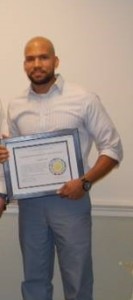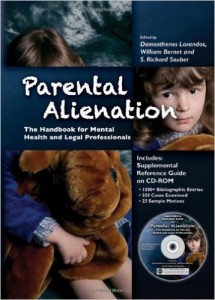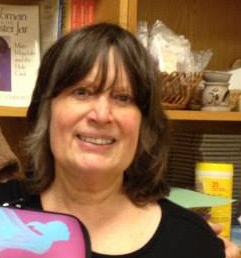
From the excellent documentary Innocence Lost , the below article discusses the issue with repeated questioning of a child. I recommend paying close attention to the mother’s questioning of the child prior to the child speaking with a therapist. It illustrates how children change their mind after repeated questioning. A child will attempt to satisfy the adults when questioned repeatedly.
http://www.pbs.org/wgbh/pages/frontline/shows/innocence/readings/repeated.html
In the Little Rascals case, there are no electronic recordings of the initial interviews with the children. On the basis of the available evidence, it seems that many children denied during initial interviews that anything sexual had happened. Some of the children talked about hitting or spanking in the day-care center, but they mainly made these claims about other children (in the next chapter, on stereotype induction, we will address these reports of hitting in more detail). The only child who made any statements that may have been indicative of abuse was Carl P. But this was not the first time that Carl had been questioned. His mother had been questioning him since at least the beginning of December; initially, he had denied any wrongdoing at the center, although he later said that Mr. Bob had played “doctor” with some of his friends, but not with him
Continue reading →






